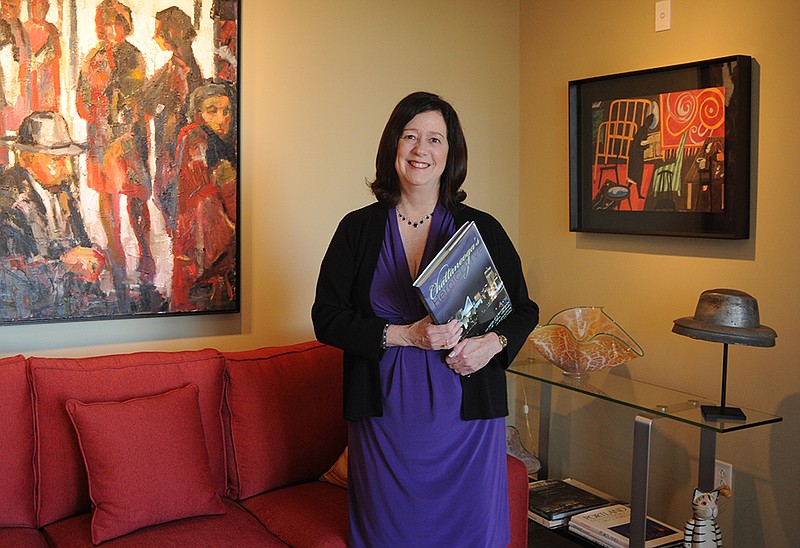Government watchdog Helen Burns Sharp, a retired city planner who sued a city board to after it met secretly to award $9 million to a golf course developer, has triumphed in her effort to recoup more than $77,000 in legal fees spent fighting the battle in court.
"I am elated," Sharp said.
Chancellor Pam Fleenor found that the city's objections - namely, that the city had a reasonable belief that it would triumph in the case - were without merit. The city had argued that its courtroom setbacks were due to a "novel first impression" of the law, and that whether a secret meeting occurred was a complex issue.
Fleenor was having none of it.
"A valid open meeting requires that the public be given advance notice, that minutes of the meeting be recorded and available for public inspection, and, that if any votes are taken, the votes shall be by public ballot or by vocal expression of "aye" or "nay" and the result of those individual votes are to be recorded," Fleenor wrote. "It is not difficult to determine whether an open meeting occured or whether a secret meeting in violation of the act occurred. It is simply a question of fact."
The city's Industrial Development Board has been tripped up multiple times by the law under Sharp's scrutiny. In addition to secretly voting to award $9 million to the developers of the Black Creek Mountain development to build a road up Aetna Mountain, the board took many actions without the required number of board members, and at the behest of one member who was not a city resident and therefore not legally allowed to serve on the board.
After Chancellor Frank Brown ruled that the board's award of $9 million in tax increment financing was null and void, the board quickly met again to publicly reaffirm its earlier decision, thus curing its earlier violation. But after board members voted to reaffirm their earlier decision with almost no discussion or debate, Sharp filed a second lawsuit in which she alleged that the board used a closed executive session to meet and debate secretly.
"This ruling will enable me to pay my remaining legal bills on my first law suit and pay the initial legal bills on the second, where I believe the IDB once again violated the Open Meetings Act," Sharp said.
Read more in tomorrow's Times Free Press.
